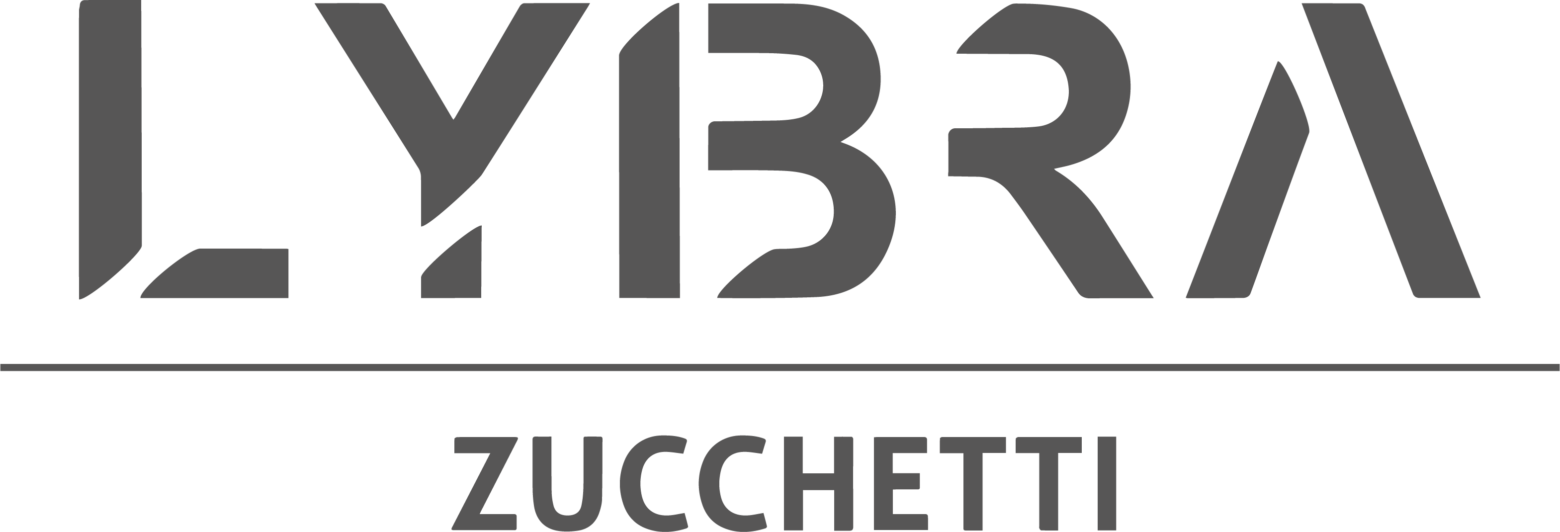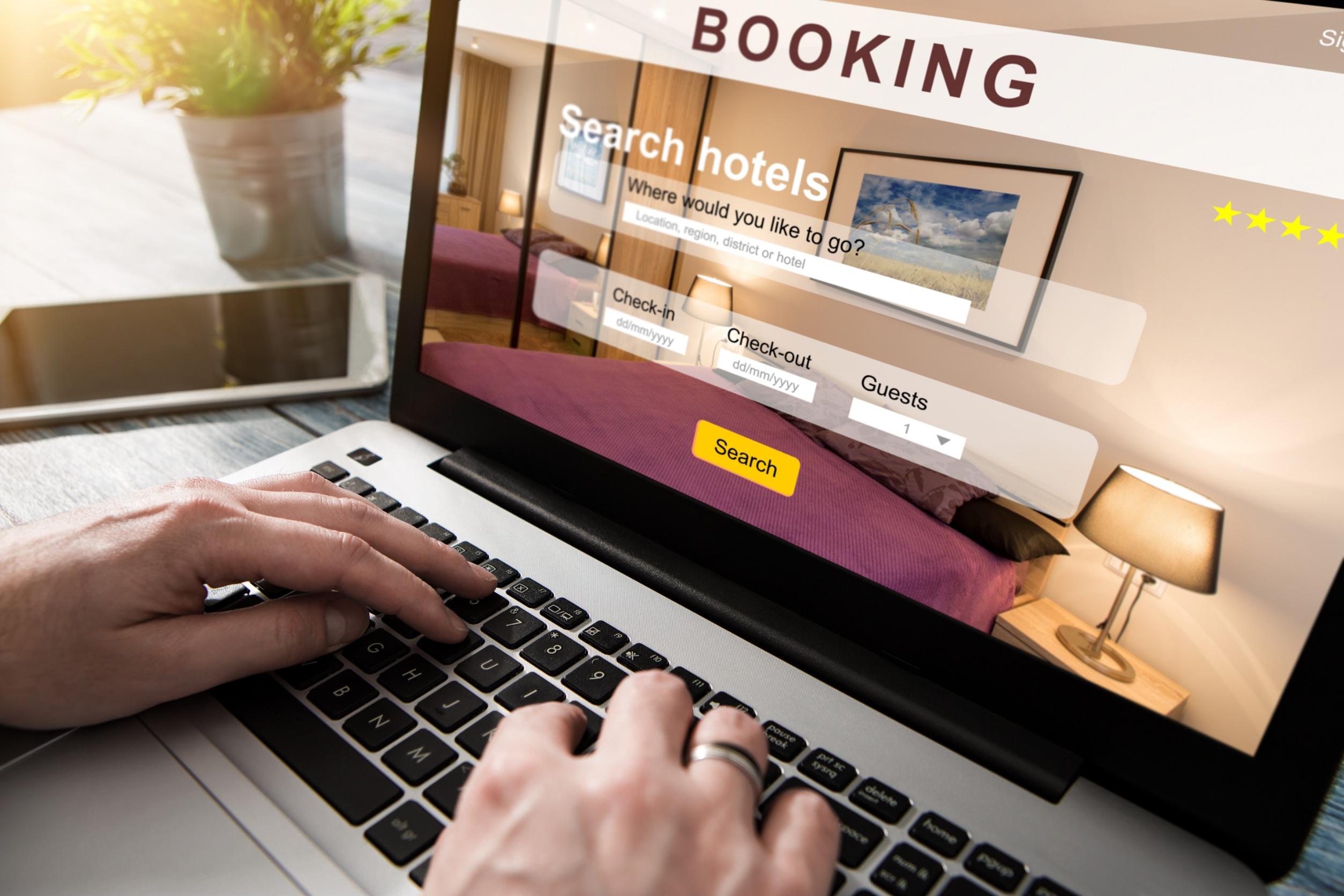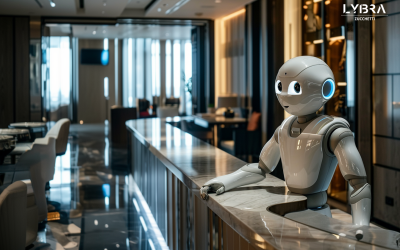In today’s highly competitive hospitality industry, hoteliers must be strategic about their pricing to attract guests and generate revenue. One crucial concept that hotel owners and revenue managers should understand is rate parity. This article will delve into the concept of hotel rate parity, its importance, and how it impacts your hotel’s online presence and profitability.
What is Hotel Rate Parity?
Hotel rate parity refers to the consistent pricing of hotel rooms across all distribution channels, including the hotel’s website, online travel agencies (OTAs), and other third-party platforms. The primary objective of maintaining rate parity is to ensure that no matter where potential guests search for accommodations, they will find the same room rates, preventing any discrepancies that could lead to customer dissatisfaction or lost bookings.
Why is Hotel Rate Parity Important?
Hotel rate parity is very important for the following reasons:
Enhances Brand Image and Trust
Consistent pricing across all channels helps maintain your hotel’s brand image and builds trust with potential guests. If customers find different rates for the same room on various platforms, it can create confusion and distrust, ultimately leading them to choose a different hotel. By ensuring rate parity, your hotel presents a unified and transparent pricing strategy that fosters trust and loyalty among guests.
Promotes Direct Bookings
One of the main reasons hoteliers strive for rate parity is to encourage direct bookings through their website. When customers find the same prices across all channels, they are more likely to book on the channel that offers them either an easier booking experience or more benefits. Hoteliers can offer extra benefits to clients who book directly on hotel websites to encourage direct bookings.
Direct bookings come with lower commission fees compared to those made through OTAs, thus increasing the hotel’s overall revenue.
Compliance with OTA Agreements
Many OTAs require hotels to adhere to rate parity agreements, which mandate that hotels provide the same rates and availability on their website as they do on the OTA platform. Failure to comply with these agreements can result in penalties, such as decreased visibility on the OTA’s search results or even complete removal from their listings.
However OTAs often offer discounted prices to their users and therefore are the first to breach rate parity agreements with hoteliers.
For this reason hoteliers should keep an eye on OTA rates to make sure the latter don’t offer more convenient rates.
Fosters Fair Competition
Rate parity helps maintain a level playing field in the hospitality industry by preventing unfair pricing practices, such as undercutting competitor’s rates or offering exclusive deals on specific channels. This ensures that hotels compete based on factors such as amenities, location, and guest experience rather than engaging in a potentially damaging price war.
How to Maintain Hotel Rate Parity
Maintaining hotel rate parity can be challenging. Here is some advice that can be useful when trying to achieve it:
Use a revenue management system and a parity checking and management tool
Implementing a centralized revenue management system (RMS) can help hoteliers monitor and adjust room rates across all distribution channels in real-time. This not only ensures rate parity but also optimizes pricing based on demand, competition, and market trends to maximize revenue. Some revenue management systems have dedicated parity checking and management tools like for example the Parity Checker included in Lybra Assistant RMS. Parity Checker can help hoteliers maintain consistent pricing across all channels. Ita can also identify and alert for any discrepancies, allowing hoteliers to take pricing corrective actions promptly.
Regularly Monitor Room Rates
Regularly monitoring room rates across various distribution channels is crucial in maintaining rate parity. Manually tracking rate discrepancies can be time-consuming; however, rate shopping tools can streamline the process by providing real-time data on competitor pricing and highlighting any discrepancies that need attention.
Establish Strong Relationships with OTAs
Maintaining open communication and a strong working relationship with OTAs can be beneficial in managing rate parity. Collaborating with your OTA partners can help resolve any pricing discrepancies quickly and efficiently, ensuring that your hotel remains compliant with rate parity agreements.
Conclusion
Hotel rate parity is essential in today’s competitive hospitality landscape. By ensuring consistent pricing across all distribution channels, hoteliers can enhance their brand image, encourage direct bookings, comply with OTA agreements, and foster fair competition. By employing a centralized RMS, regularly monitoring room rates, establishing strong relationships with OTAs, and utilizing rate parity management tools, hotel owners and revenue managers can effectively maintain rate parity and optimize their pricing strategies for long-term success.
In a constantly evolving industry, it is essential for hoteliers to stay informed about the latest trends and best practices in revenue management. By understanding and embracing the concept of rate parity, hotels can not only protect their brand reputation but also maximize profitability and maintain a competitive edge in the market.
Ultimately, hotel rate parity contributes to a more transparent and customer-centric approach to pricing, ensuring that guests receive the best possible value while hoteliers maximize their revenue potential. By prioritizing rate parity, hotel owners and managers can create a win-win situation for both their business and their guests, fostering long-term growth and success in the hospitality industry.
Schedule a free demo of Lybra Assistant RMS now and discover how it can help you check and manage your hotel’s rate parity.










